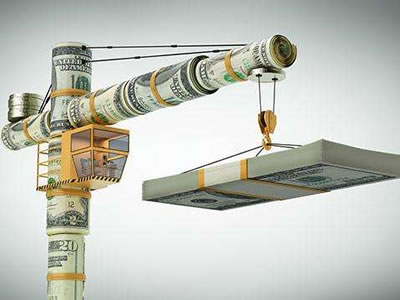A system of managing a nation's currency and exchange rate by linking the national currency to another base currency that is held at a fixed ratio in deposit at domestic banks.
once the exchange rate is set, there is typically no interference from the government or through monetary policy decisions that will affect the exchange rate. Currency is only issued when there are reserves in the linked currency to back it up. If the exchange rate begins to shift from the fixed ratio, currency is immediately added to or taken out of circulation to bring the ratio back into balance.
|||This is different from simply pegging one currency to another; in a linked exchange rate system, currency can only be issued when confirmed reserves in the linked currency are held at local banking institutions. In Hong Kong, for example, this means that every Hong Kong dollar that is floating around in the economy is backed by several U.S. dollars held in reserve.
The advantage of this system is that it stabilizes the currency and keeps inflation ultra low. On the downside, the nation using it can't leverage advantages in trading with foreign partners, and can't implement monetary policy to adapt to shifts in the domestic economy.
深圳投融网商务有限公司是一家专注企业投融资与上市服务的专业机构。公司团队来自国内外的投行精英,具备丰富的国内外的投资银行从业经验,拥有丰富的金融、财务、管理、审计、法律等专业知识与上市辅导经验。
投融网(www.ipo.hk)创建于2011年,拥有300万+俱乐部成员,涵盖银行、券商、信托、政府平台公司、上市公司、拟上市公司、融资租赁公司、商业保理公司、公募基金、私募基金、风险投资机构、天使投资机构、律师事务所、会计师事务所、评估机构、新闻媒体、高净值个人投资者等。秉承链接、赋能、共赢的经营理念,构建了高效的投融资与上市服务生态圈。
欢迎各类机构洽谈合作。
邮箱:service@ipo.hk
电话:0755-33572246



